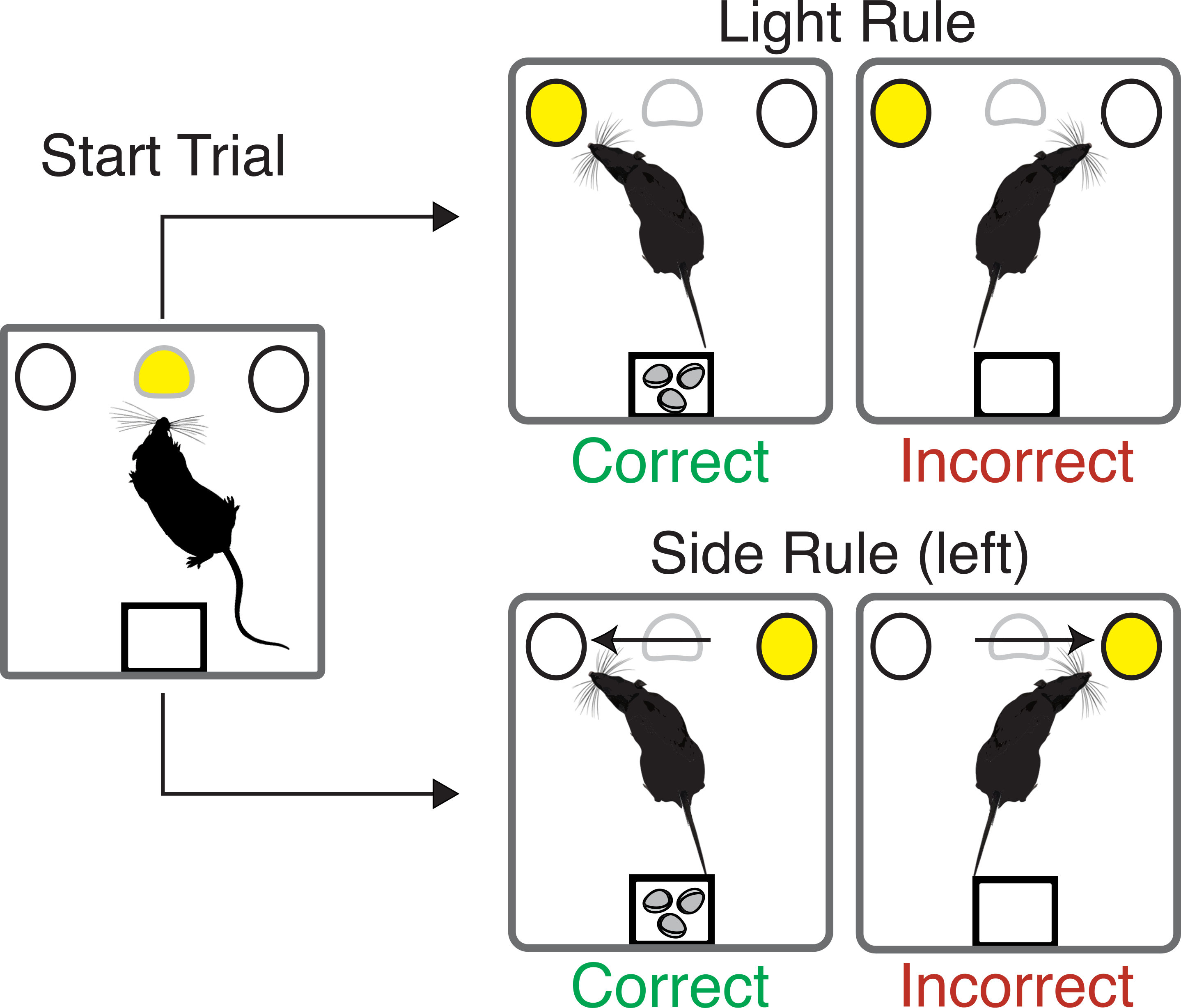Mental illness is a serious problem, with over 20% of U.S. adults living with some form of mental illness, and many of those patients unable to find relief from standard care. Neuromodulation, a technology that stimulates specific neurological sites, may be an option for these cases, since it has the potential for precision and personalization. However, the current standard of practice for neuromodulation is neither precise nor personalized, relying on subjective evaluation and arbitrary, uniform standards across patients.
PhD student Evan Dastin-Van Rijn (Biomedical Engineering), in a project called “Blackbox optimization of cognitive control with neuromodulation,” is using machine learning to identify stimulation parameters that enhance cognitive control - the ability to shift one's response style in the face of changing information. Cognitive control is highly related to the symptomatology of many psychiatric disorders and can be objectively and rapidly assessed via behavioral tasks. Mr. Dastin-Van Rijn plans to use an extradimensional set-shifting task in rats to develop a platform where behavioral data will be continuously provided to a Bayesian optimizer. Over the course of multiple sessions, the optimizer will efficiently explore potential stimulation parameters to safely identify those that enhance cognitive control. The next step will be to leverage this approach to find transcranial magnetic stimulation parameters that enhance cognitive control in healthy human participants performing the Multi-Source Interference Task. This platform could be readily translated to neuromodulatory applications providing clinicians with a valuable tool to guide treatment.
Some funding for this project was provided by a DSI-MnDRIVE PhD Graduate Assistantship. The DSI-MnDRIVE Graduate Assistantship program supports U of M PhD candidates pursuing research at the intersection of data science and any of the five MnDRIVE areas:
- Robotics
- Global Food
- Environment
- Conditions
- Cancer Clinical Trials
Projects in this program must align with one of the Data Science Tracks:
- Foundational Data Science
- Digital Health and Personalized Health Care Delivery
This project is part of the Brain Conditions MnDRIVE area and the Digital Health and Personalized Health Care Delivery Data Science track. See the complete list of the RC-MnDRIVE Graduate Assistantships.
